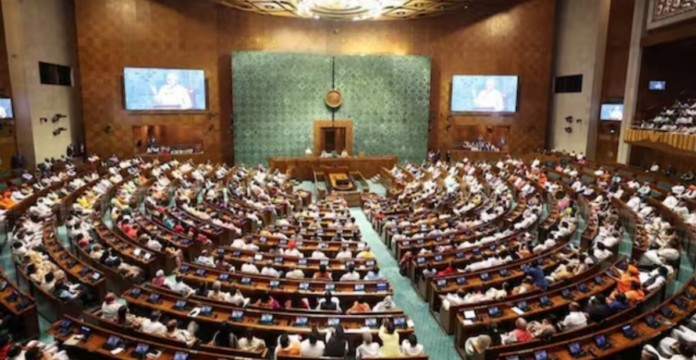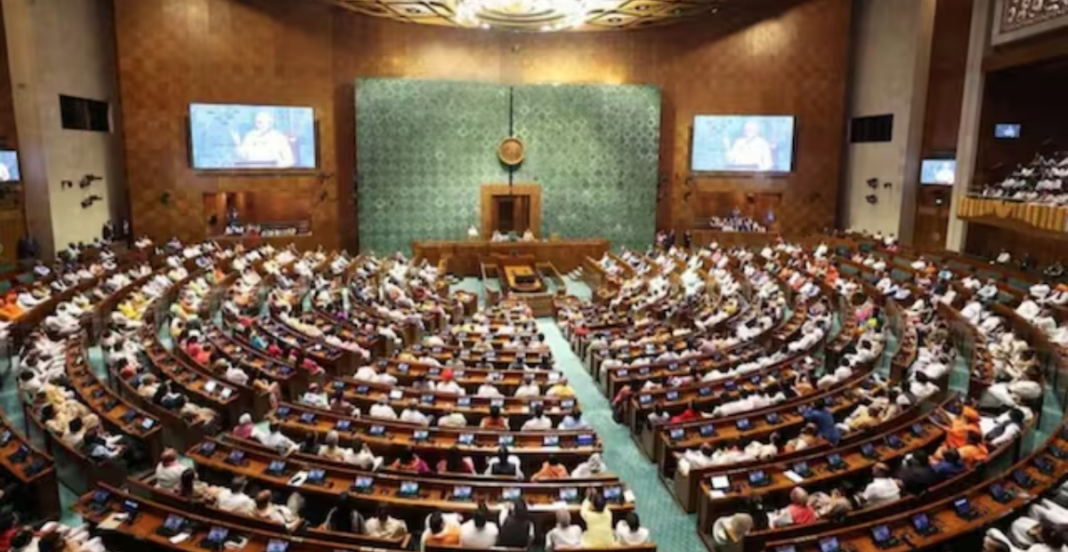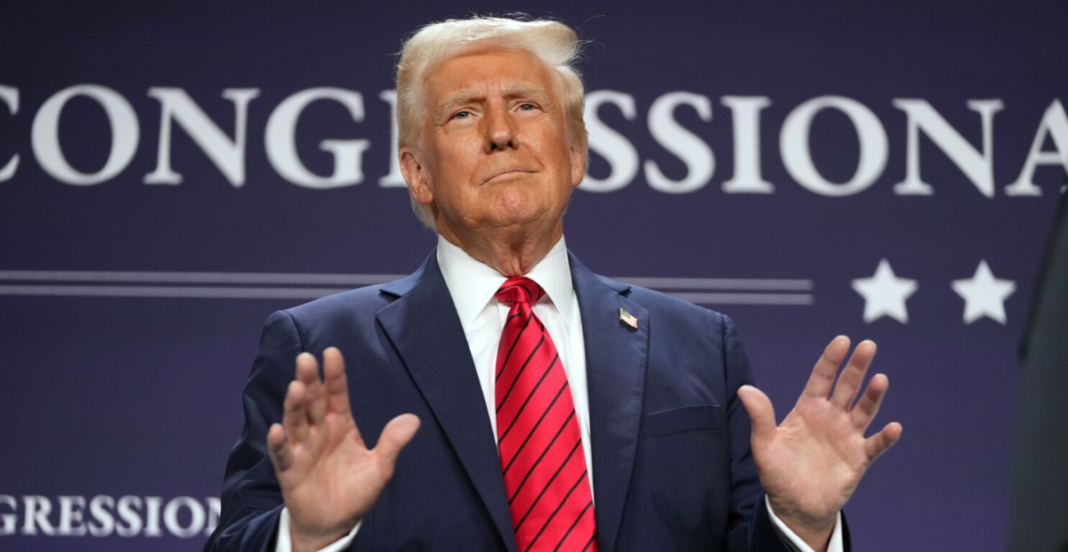Picture this: the Lok Sabha clock strikes 2 AM, its dimly lit chamber alive with the hum of democracy. On April 3, 2025, 288 MPs raise their hands—digitally, via voting pads—ushering in the Unified Waqf Management Empowerment, Efficiency and Development (UMEED) Bill with a decisive win over 232 naysayers. After 12 hours of fiery debate, Home Minister Amit Shah’s voice still echoes: “This is justice, not fear.” The Waqf (Amendment) Bill, 2025, isn’t just legislation—it’s a clarion call to reclaim Waqf’s soul, turning 9.4 lakh properties into engines of upliftment for India’s poorest Muslims. In a nation where reform often stalls, this victory feels electric—a promise to the marginalized that their time has come.
For too long, Waqf boards—custodians of 9 lakh acres, third only to Railways and Defence—have been mired in opacity, their wealth siphoned by a few while widows and orphans waited. Now, under Union Minority Affairs Minister Kiren Rijiju’s stewardship, this bill sweeps away decades of rot. It’s a triumph worth celebrating—a bold stride toward transparency, inclusivity, and empowerment.
The Battle in the House
The debate was a spectacle—81 MPs, from midnight warriors to morning dissenters, clashed in a marathon that could rival a Bollywood epic. Rijiju fired the opening salvo Wednesday afternoon, his voice steady: “This is for poor Muslims, women, children—not a religious turf war.” Shah followed, dismantling opposition jabs with data—18 lakh Waqf acres swelled to 39 lakh post-2013 Congress tweaks, often via dubious grabs (Hindustan Times, April 2). “We’re fixing a broken system,” he roared, as BJP’s Ravi Shankar Prasad hailed it a “historical correction.”
The opposition fought hard. Rahul Gandhi of Congress waved the secular flag, calling it a “Muslim marginalization tool,” while Asaduddin Owaisi of AIMIM tore the bill in theatrical fury, shouting, “This betrays equality!” Akhilesh Yadav and TMC’s Kalyan Banerjee warned of vote-bank fallout, their 44 amendments drowned in a voice-vote rout. Yet, the NDA stood firm—JD(U), TDP, and LJP rallied behind, with LJP’s Arun Bharti spotlighting Pasmanda upliftment. Shiv Sena, despite UBT’s dissent, held the line, a nod to CM Devendra Fadnavis’s coalition grit. The tally—288-232—sealed a victory that felt inevitable, a testament to Modi’s parliamentary muscle.
What’s Inside the Bill
Flip through the UMEED Bill’s pages, and you’ll find a blueprint for progress. Non-Muslims—two per state board and Central Waqf Council—join as administrative watchdogs, not faith meddlers, Shah clarified. District Collectors now settle property rows, ending Waqf tribunals’ unchecked reign, with High Court appeals open—a democratic lifeline. The “Waqf by user” loophole? Gone—no more claiming lands like Tamil Nadu’s Thiruchenthurai village on flimsy use (The Hindu, 2022). Declarants must prove five years of Islamic practice and property ownership, slamming the door on fraud.
Women’s rights shine—widows and divorcees gain inheritance priority, backed by two female board members per state. A central database, mandatory within six months, drags Waqf into the digital age—goodbye, dusty ledgers. Shah’s killer stat? Lutyens Delhi plots and Parliament itself risked Waqf tags under old laws. “This ends the absurdity,” he grinned. It’s a reform package that doesn’t just tweak—it transforms, ensuring Waqf’s Rs 1.2 lakh crore worth serves mosques, madrasas, and the needy, not power brokers.
Why It’s a Game-Changer
Waqf’s potential is staggering—870,000 properties could fund schools, clinics, hope. Yet, Muslim literacy lags at 68% against a 74% national average (NSSO, 2021), poverty festers, and scandals like Karnataka’s land grab festered unchecked (The Hindu, 2022). This bill flips that script. Rijiju’s vision—echoing Modi’s “last person first” mantra—puts revenue where it belongs: in the hands of the downtrodden. Non-Muslim oversight isn’t intrusion—it’s accountability, a check on decades of elite plunder.
The opposition’s “anti-Muslim” cry feels tired against this reality. Shah’s data—21 lakh acres added in a decade under Congress—shows who fueled the mess. Inclusion of women and digitized records? That’s empowerment, not erasure. For Pasmanda Muslims, long ignored, it’s a lifeline—BJP’s Gulam Ali Khatana nailed it: “Transparency lifts the poorest.” This isn’t about faith; it’s about fairness, a reform India’s 200 million Muslims deserve.
The Road Ahead
Next stop: Rajya Sabha, where Thursday’s eight-hour debate awaits. NDA’s 114 seats need a nudge—nine more for the 123 majority—but allies like JD(U) and TDP, plus independents, signal smooth passage. If it clears, President Droupadi Murmu’s desk is the final hurdle—a formality for a law set to reshape Waqf by 2026. Protests may flare, but this bill’s heart—justice over appeasement—mirrors India’s secular strength. It’s not division; it’s unity under law. The Lok Sabha has lit the fuse—now watch progress burn bright.




